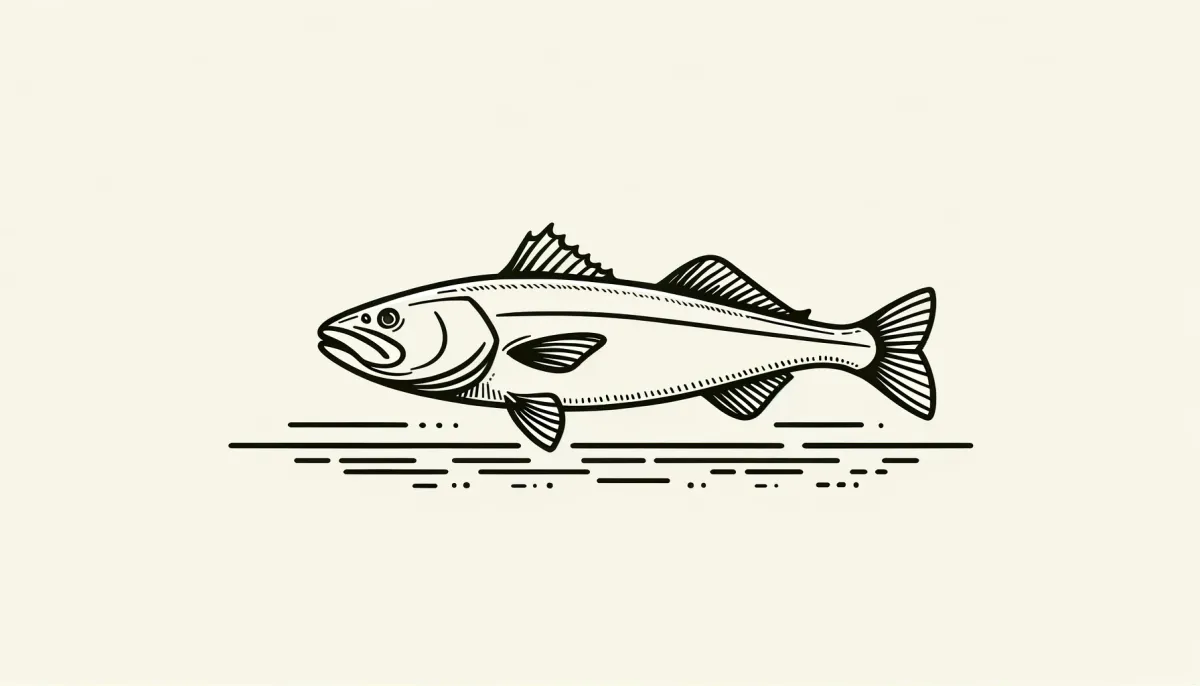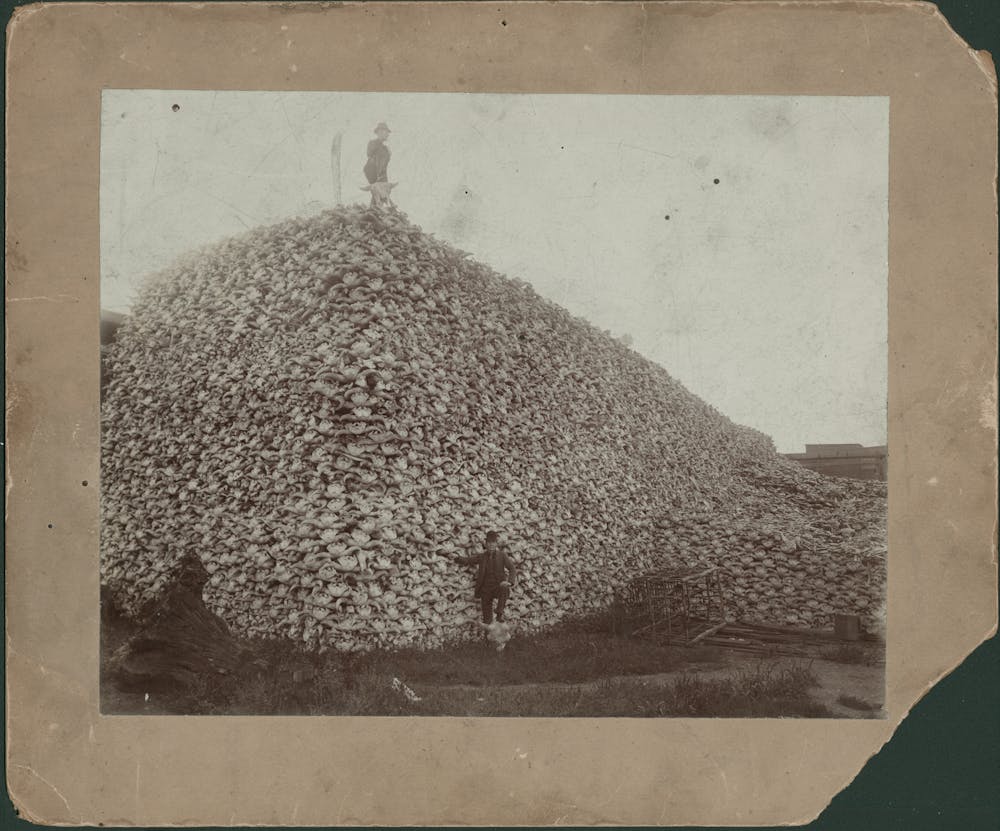Alien Planet Earth
The world of just a few lifetimes ago

Watching the climate change is like waiting for your hair to grow. You know it's happening, but you can't really tell from day to day. However, from a greater chronological distance, the damage humanity is inflicting on our planet is clear.
Where I live, bats have disappeared over the past couple decades. I remember watching them swoop at the evening insects, a couple even finding their way into my house. Now I never see them.
Others speak about fireflies that no longer dance at night. Or windshields bare of insect residue.
While insects are still a significant portion of global biomass, we've increasingly become a planet of humans, human food and anthropogenic mass.
We've terraformed the planet to feed our insatiable needs, at nature's expense. This myopic stewardship pushes the planet to the edge. Robust systems are diverse and redundant. Ours is monolithic and fragile.


Wild animals are vanishing because humans are pushing them out and replacing them with domesticated animals. Today, it's difficult to imagine what the world looked like hundreds of years ago, before we chopped down the old growth trees and overfished the oceans. Luckily, we have documented evidence from centuries past.
The photo below illustrates the sheer destruction humans can inflict.
"At the close of the 18th century, there were between 30 and 60 million bison on the continent. By the time of this photograph, that population was reduced to only 456 wild bison." Source: The Conversation

I recently found several accounts from the first Europeans that explored and settled in the Chesapeake bay area. There were more fish to catch than could be preserved.
For fish, the rivers are plentifully stored with sturgeon, porpoise, bass, rockfish, carp, shad, herring, eel, catfish, perch, flat-fish, trout, sheepshead, drummers, jewfish, crevises, crabs, oysters, and divers other kinds. Of all which myself has seen great quantity taken, especially last summer at Smith’s Island at one haul a frigate’s lading of sturgeon, bass, and other great fish in Captain Argall’s seine, and even at the very place which is not above fifteen miles about Point Comfort. If we had been furnished with salt to have saved it, we might have taken as much fish as should have served us that whole year. -Ralph Hamor, 1614
About two years since, Sir Thomas Dale … found out two seasons in the year to catch fish, namely, the spring and the fall. He himself took no small pains in the trial and at one haul with a seine caught five thousand three hundred of them, as big as cod. The least of the residue or kind of salmon trout, two foot long, yet he durst not adventure on the main school for breaking his net. Likewise, two men with axes and such like weapons have taken and killed near the shore and brought home forty (fish) as great as cod in two or three hours space… -John Rolfe, 1616
What multitudes of fish to satisfy the most voluptuous of wishes, can China glory in which Virginia may not in justice boast of? Let her publish a precedent so worthy of admiration (and which will not admit belief in those bosoms where the eye cannot be witness of the action) of five thousand fish taken at one draught near Cape Charles, the entry into Chesapeake Bay, and which swells the wonder greater, not one fish under the measure of two feet in length. -Edward Williams, Virginia, mid-1600’s
The abundance is so great and they are so easily caught that I was much surprised. Many fish are dried, especially those that are fat. Those who have a line can catch as many as they please. Most of them are caught with the hook or the spear, as I know from personal experience, for when I went out several times with the line, I was surprised that I could pull out one fish after another, and through the clear water I could see a large number of all kinds, whose names are unknown to me. They cannot be compared with our fish, except the herring, which is caught and dried in large numbers. Thus the so-called catfish is not unlike the large turbot. A very good fish and one easily caught is the eel, also like those here (in Switzerland). There is also a kind like a pike. They have a long and pointed mouth, with which they like to bite into the hook. They are not wild, but it happens rarely that one can keep them on the line, for they cut it in two with their sharp teeth. We always had our harpoons and guns with us when we went out fishing, and when the fish came near we shot at them or harpooned them. A good fish, which is common and found in large number is the porpoise. They are so large that by their unusual leaps, especially when the weather changes, they make a great noise and often cause anxiety for the small boats or canoes … The waters and especially the tributaries are filled with turtles. They show themselves in large numbers when it is warm. Then they come to the land or climb up on pieces of wood or trees lying in the water. When one travels in a ship their heads can be seen everywhere coming out of the water. -Swiss explorer Francis Louis Michel, 1701
Sturgeon and shad are in such prodigious numbers that one day within the space of two miles only, some gentlemen in canoes caught above six hundred of the former with hooks, which they let down to the bottom and drew up at a venture when they perceived them to rub against a fish; and of the latter above five thousand have been caught at one single haul of a seine. -English traveler Andrew Burnaby, 1759
Herring are not as large as the European ones, but better and more delicious. When they spawn, all streams and waters are completely filled with them, and one might believe, when he sees such terrible amounts of them, that there was as great a supply of herring as there is water. In a word, it is unbelievable, indeed, indescribable, as also incomprehensible, what quantity is found there. One must behold oneself. -William Byrd II (Virginia), early 1700s
While it's possible accounts may have been exaggerated to attract settlers or financial support, the consistency over time suggests these are fairly accurate. Our ancestors' world would be alien to us.
What changes have you observed during your lifetime?



